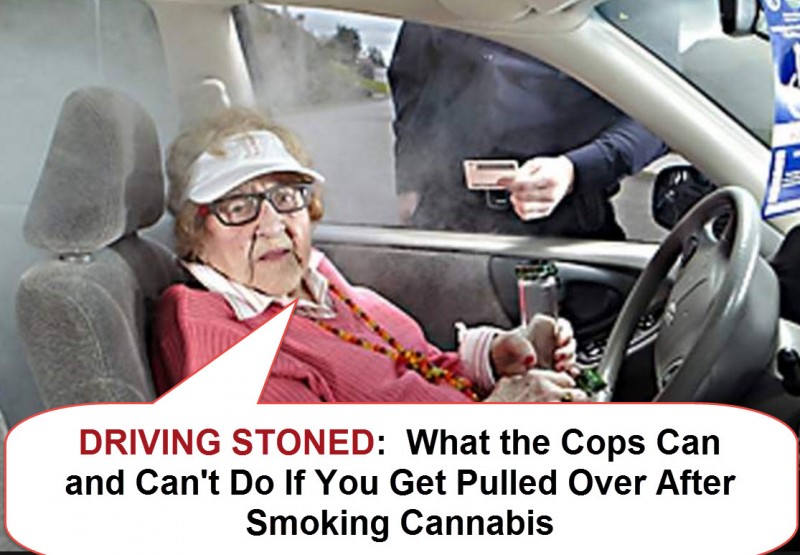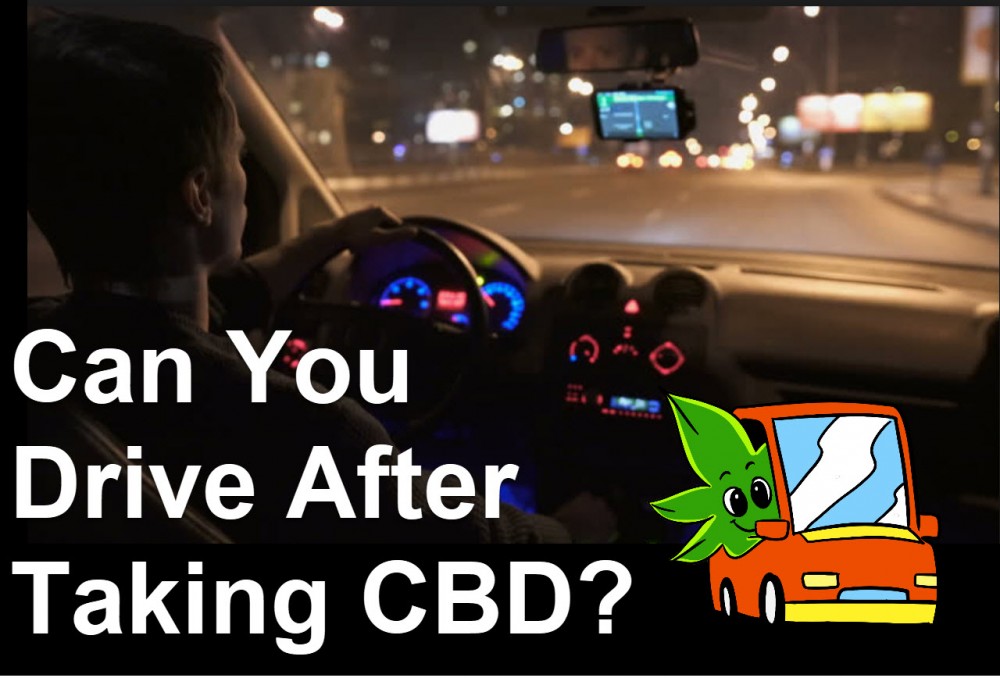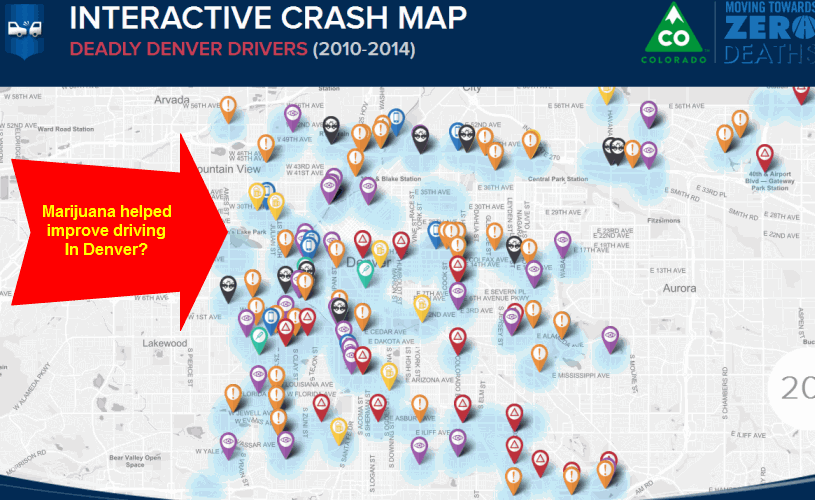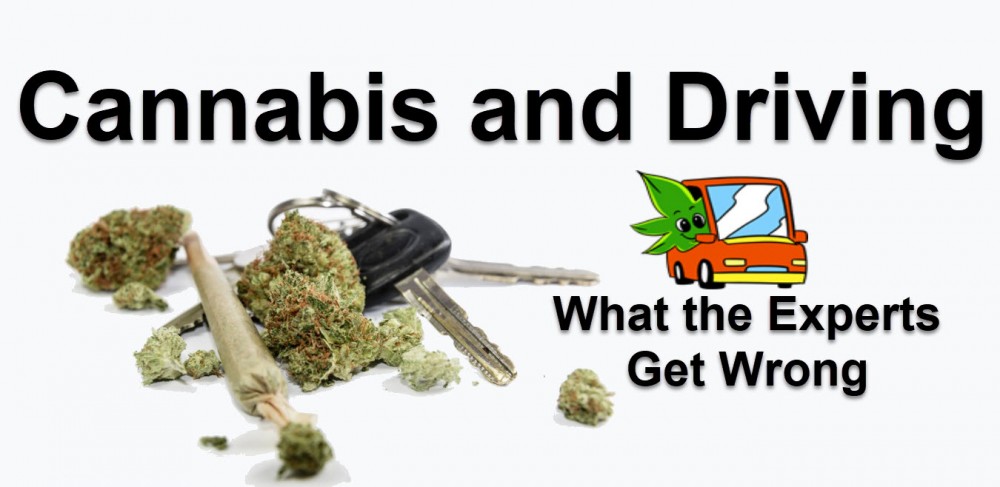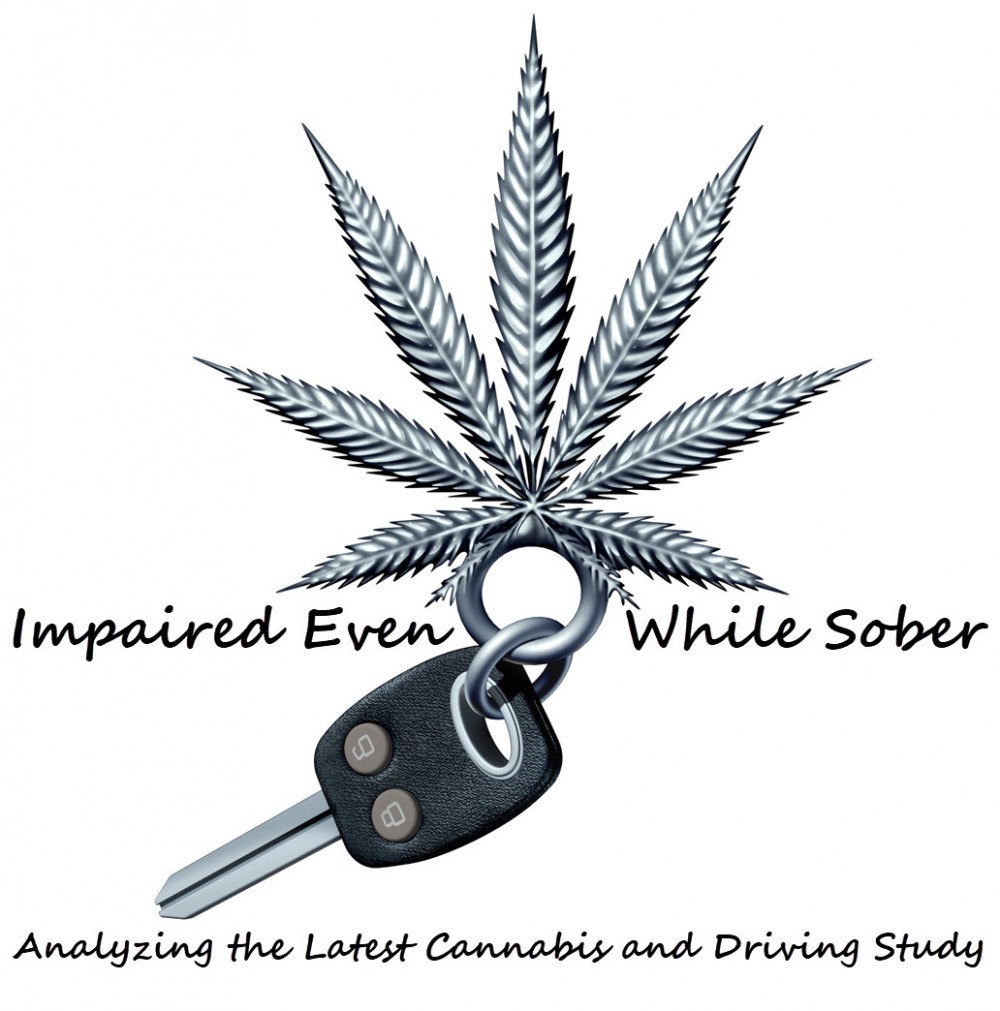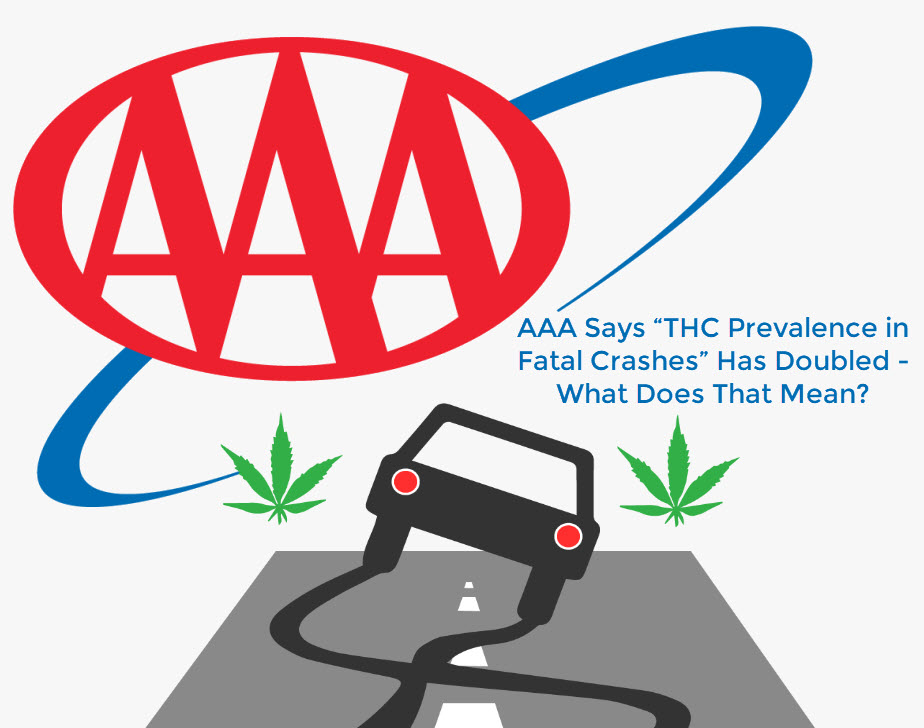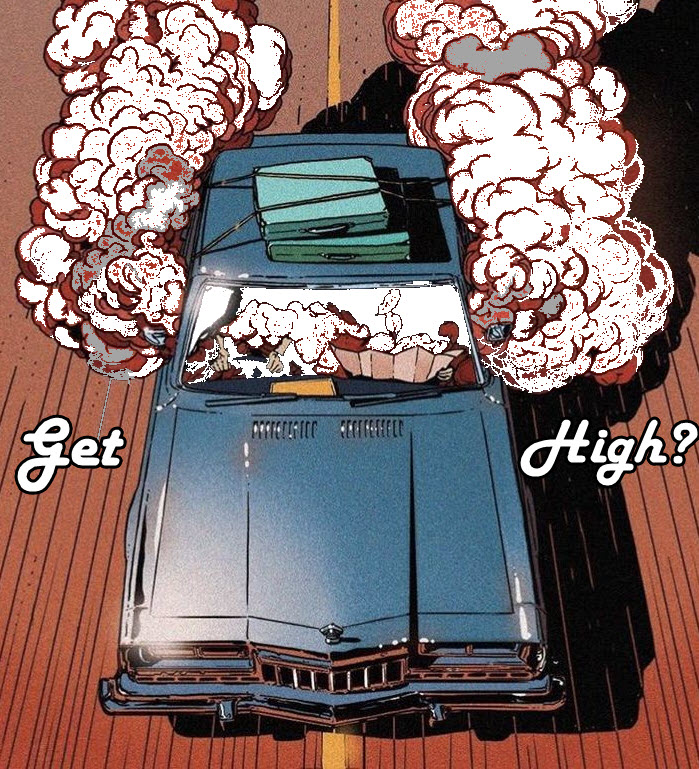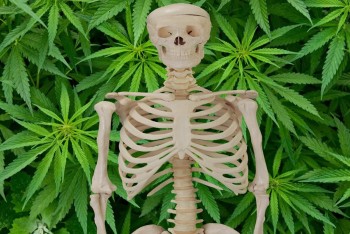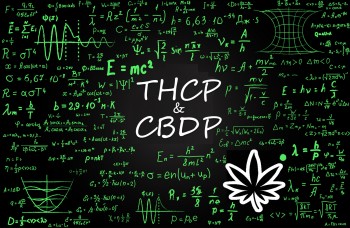Driving High in the US and Canada: What Police Can and Can't Do?
Driving High : What the Police Can and Can't Ask You from CannabisNet on Vimeo.
DUI (driving under the influence) of alcohol and drugs is a criminal offense in both Canada and the USA. The allowed limit of alcohol in the blood is 0.08% in both countries, but when it comes to marijuana impaired driving it’s a slightly different story as the biggest issue is always how to determine if a driver is high on cannabis.
Thus, people often ask if they can get arrested for driving high. The answer is yes, of course, you can! But, there is always this question - how can a police officer determine if someone is driving under the influence of marijuana. When a person is pulled over for being suspected of marijuana-impaired driving, what is police authorized to do and what they can not do?
As a matter of fact, five US states have already legalized marijuana for recreational use, but Colorado was the first state to establish a law that allows driving under the influence of THC (Tetrahydrocannabinol, the main substance of cannabis). To be precise, a person can drive with five nanograms of THC in the blood, but not more than that. And since Canada is just one step closer to legalizing the substance, we have to wait for next spring to see what law enforcement officers will be able to do. So, what can a police officer do when he/she pulls you over?

Measuring in the US states
As mentioned before, even 20 of the US states have legalized marijuana in one way or another, but Colorado, Washington, Washington DC, Oregon, and Alaska have done it in order to make marijuana legal for non-medical purposes. More states are expected to do the same in the near future, with California next to vote in November.
So, when a substance like cannabis is legal, a state or country has to regulate all its aspects like using, distributing and producing.
Officers in Colorado are trained to detect an impaired driver of both alcohol and drugs. Actually, many of them are specially trained drug recognition experts (DRE) trained to recognize signs of driving under the influence of marijuana strains through bloodshot eyes, dilated pupils, increased nervousness and fail to track a moving object evenly with both eyes.
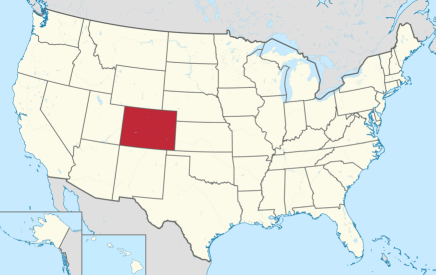
Colorado and Washington have established a legal driving limit for THC of nanograms per milliliter of blood. Other states are still making efforts to better define THC limit and precisely regulate driving impairment before establishing a testing method.
But, by the state law, when you are pulled over and suspected of driving under the influence of alcohol, drugs or both, police experts can order you to take chemical tests, too. Although, if you refuse to take a chemical test, you will immediately lose driver's license and will be classified as a persistent drunk driver.
It is important to point out that, in order to measure levels of THC, US states conduct chemical screening tests which include collecting blood, urine, and saliva samples.

Marijuana in Canada
However, as Canada moves closer to legalizing marijuana, the liberal government has to regulate all the aspects of using the substance: distributing, producing, as well as driving. The task force has been set to deal with these aspects, so Canadians can only wait to see if there will be a legal limit for driving under the influence of cannabis, or it will be illegal.
So to be prepared for the upcoming big day, all over Canada police is testing three saliva roadside devices on suspected drug-impaired drivers and they can detect physical signs of marijuana impairment. But still, these are just pilot projects and devices have to be officially approved by the law.
In Canada, the police use a Standard Field Sobriety Test (SFST) for marijuana that includes looking at a driver’s eyes and asking the person to walk, turn and stand on one leg.
Recently, police have been testing saliva-based roadside devices on suspected drug-impaired drivers. Two other devices, developed in Canada, test THC levels on a driver’s breath, similar to a breathalyzer. But neither device has been adopted by law enforcement yet.
Drunk Driving vs High Driving Infographic
Drunk Driving vs High Driving infographic made by OMQ law office shows the difference and similarities in Canada and the US laws regarding driving under the influence of alcohol and marijuana.
In Colorado, if a driver fails the tests and it is determined that he/she was driving under the influence of marijuana, but only for the first time, a police officer can write a fine of $1000. Also, a driver can be sentenced from five days to a year in jail, depending on impairment. Furthermore, charged person can lose a driving license up to nine months, or spend 48 to 96 hours in public service.
Meanwhile, in Washington state for driving high fines go up to $5000, 90 days of license suspension or a maximum of 60 days of probation. Until establishing a further legal ground for marijuana-impaired driving, in most Canadian provinces, if there are reasonable grounds to believe that a driver's abilities are affected by THC, or he/she refuses or fails to take Standard Field Sobriety Test, the driver would get 24 hours license suspension.
Also, this infographic explains the difference between Driving Under the Influence (DUI) and Driving While Intoxicated (DWI), how alcohol and THC levels are measured, and what the existing penalties are. Let's take a look at what is considered illegal in these two countries, and the differences between them.
Let’s take a look at this infographic which shows the difference and similarities between impaired driving laws and practices in Canada and the USA. Also, It explains the difference between Driving Under the Influence (DUI) and Driving While Intoxicated (DWI), how alcohol and THC levels are measured, and what the existing penalties are. What can Canada learn from the US? It explains it all.
Be safe first, but also know your rights.
OTHER ARTICLES YOU MAY ENJOY...
CAN YOU DRIVE ON CBD, CLICK HERE.
OR...
INTERACTIVE MAP FOR DRIVING WITH MARIJUANA, CHECK IT OUT...
OR...
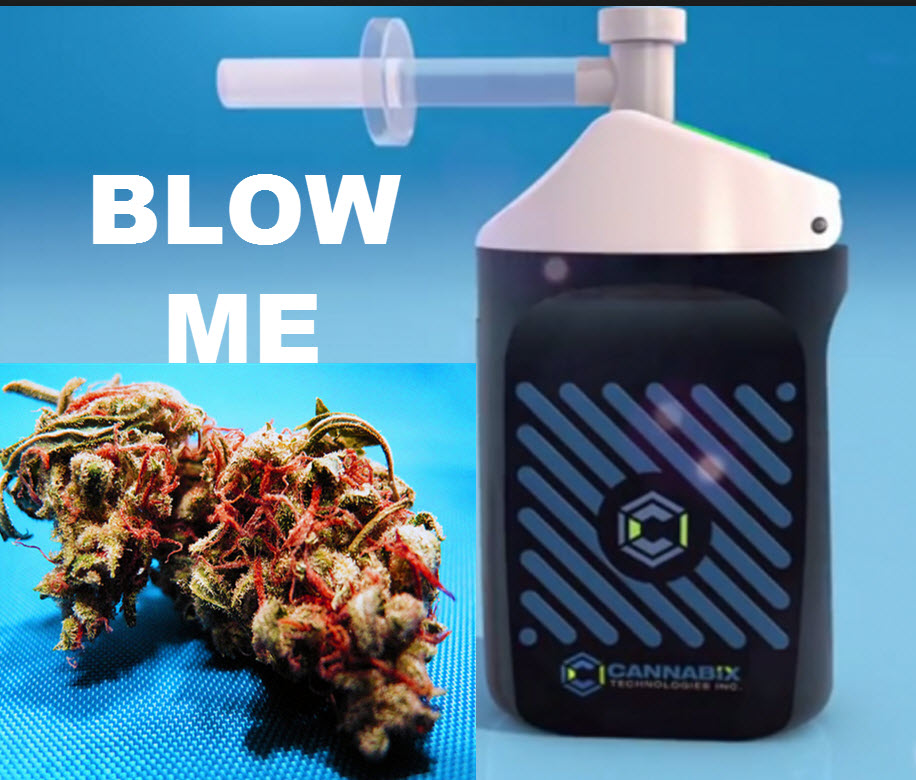
THE MARIJUANA BREATHALYZER IS HERE, THANKS STANFORD,CLICK HERE..
OR..
CANNABIS AND DRIVING, EXPERTS ARE WRONG, READ THIS.
OR..
IMPAIRED EVEN WHILE SOBER, NEW CANNABIS DRIVING STUDY
OR..
AAA ON THC CAR CRASHES, HAVE THEY DOUBLED? READ THIS.
